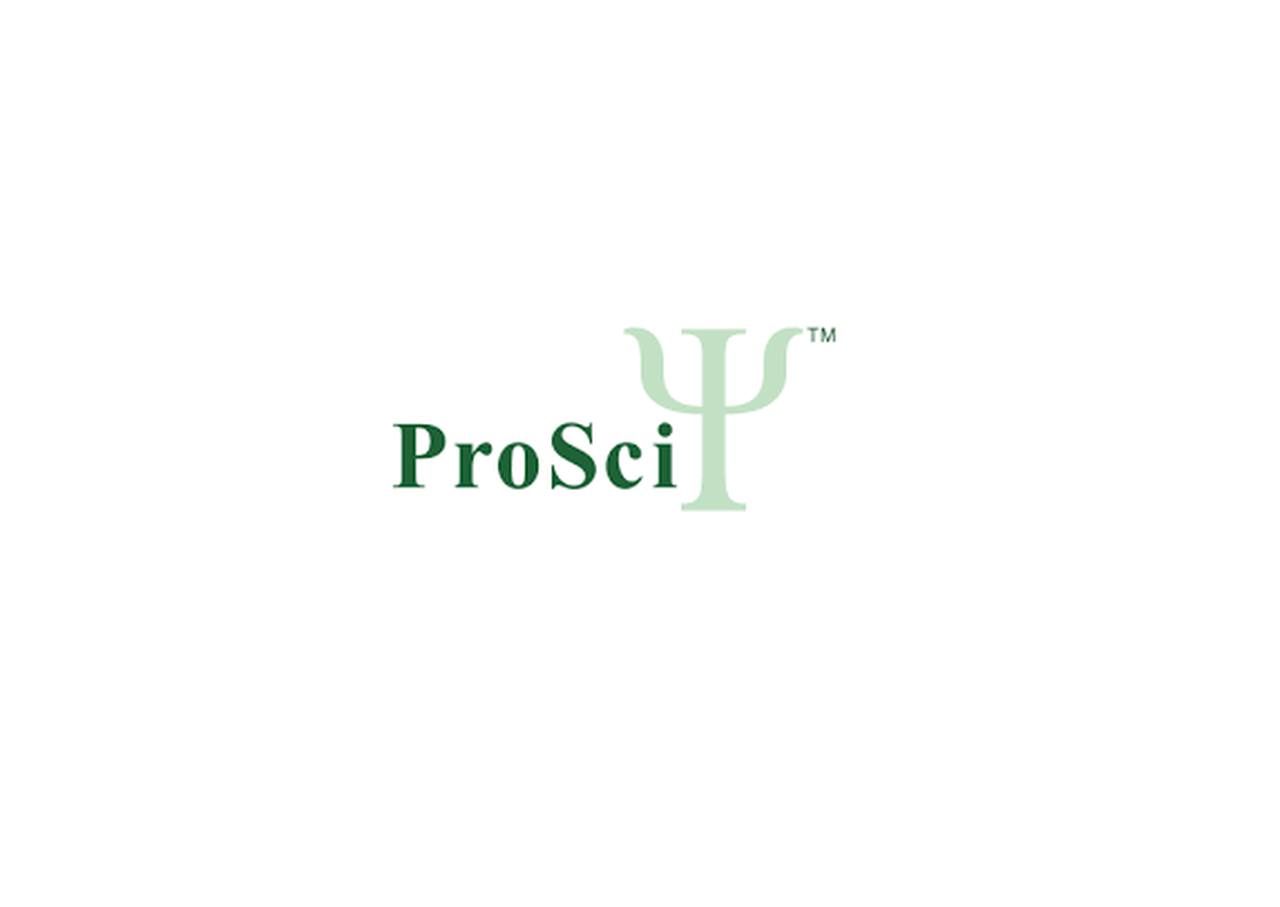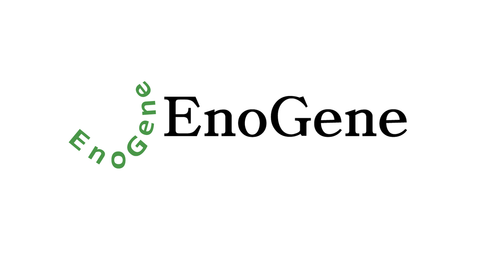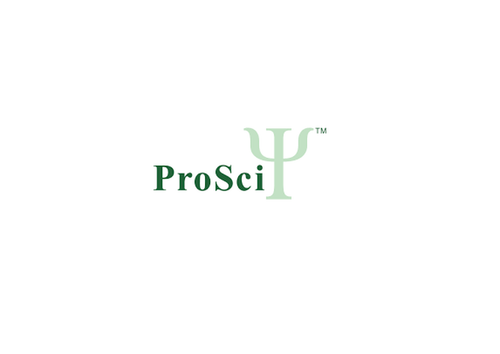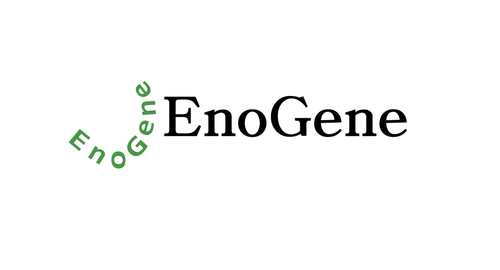Product Description
SSX4 Antibody | 58-306 | ProSci
Host: Rabbit
Reactivity: Human
Homology: N/A
Immunogen: This SSX4 antibody is generated from rabbits immunized with a KLH conjugated synthetic peptide between 69-97 amino acids from the Central region of human SSX4.
Research Area: Cancer, Obesity
Tested Application: WB
Application: For WB starting dilution is: 1:1000
Specificiy: N/A
Positive Control 1: N/A
Positive Control 2: N/A
Positive Control 3: N/A
Positive Control 4: N/A
Positive Control 5: N/A
Positive Control 6: N/A
Molecular Weight: 22 kDa
Validation: N/A
Isoform: N/A
Purification: This antibody is purified through a protein A column, followed by peptide affinity purification.
Clonality: Polyclonal
Clone: N/A
Isotype: Rabbit Ig
Conjugate: Unconjugated
Physical State: Liquid
Buffer: Supplied in PBS with 0.09% (W/V) sodium azide.
Concentration: batch dependent
Storage Condition: Store at 4˚C for three months and -20˚C, stable for up to one year. As with all antibodies care should be taken to avoid repeated freeze thaw cycles. Antibodies should not be exposed to prolonged high temperatures.
Alternate Name: Protein SSX4, Cancer/testis antigen 54, CT54, SSX4, SSX4A
User Note: Optimal dilutions for each application to be determined by the researcher.
BACKGROUND: The product of this gene belongs to the family of highly homologous synovial sarcoma X (SSX) breakpoint proteins. These proteins may function as transcriptional repressors. They are also capable of eliciting spontaneously humoral and cellular immune responses in cancer patients, and are potentially useful targets in cancer vaccine-based immunotherapy. SSX1, SSX2 and SSX4 genes have been involved in the t (X;18) translocation characteristically found in all synovial sarcomas. This translocation results in the fusion of the synovial sarcoma translocation gene on chromosome 18 to one of the SSX genes on chromosome X. Chromosome Xp11 contains a segmental duplication resulting in two identical copies of synovial sarcoma, X breakpoint 4, SSX4 and SSX4B, in tail-to-tail orientation. This gene, SSX4B, represents the more centromeric copy. Two transcript variants encoding distinct isoforms have been identified for this gene.
 Euro
Euro
 USD
USD
 British Pound
British Pound
 NULL
NULL










